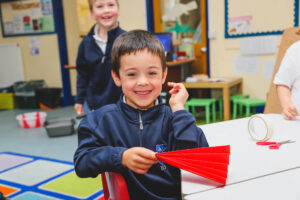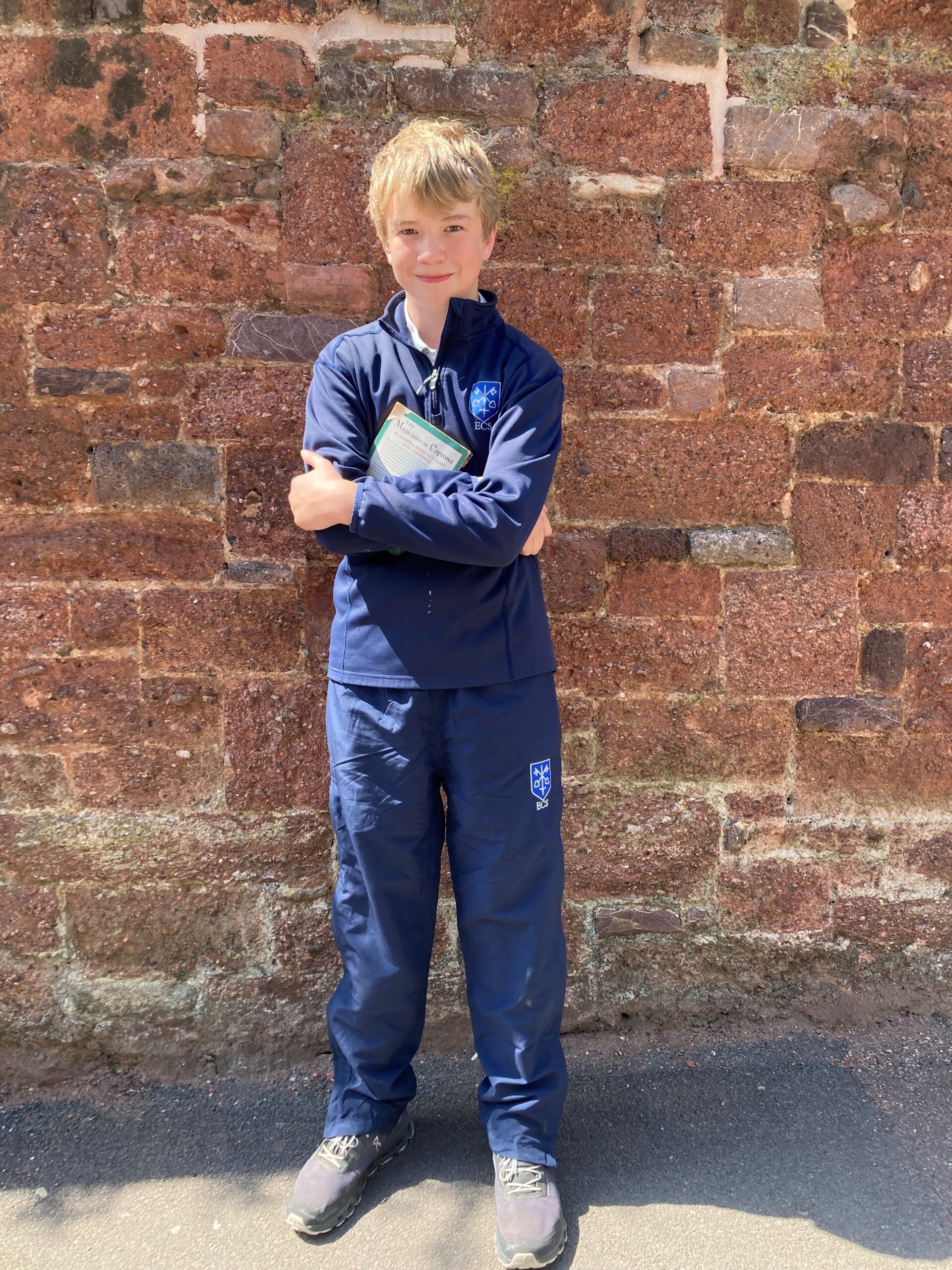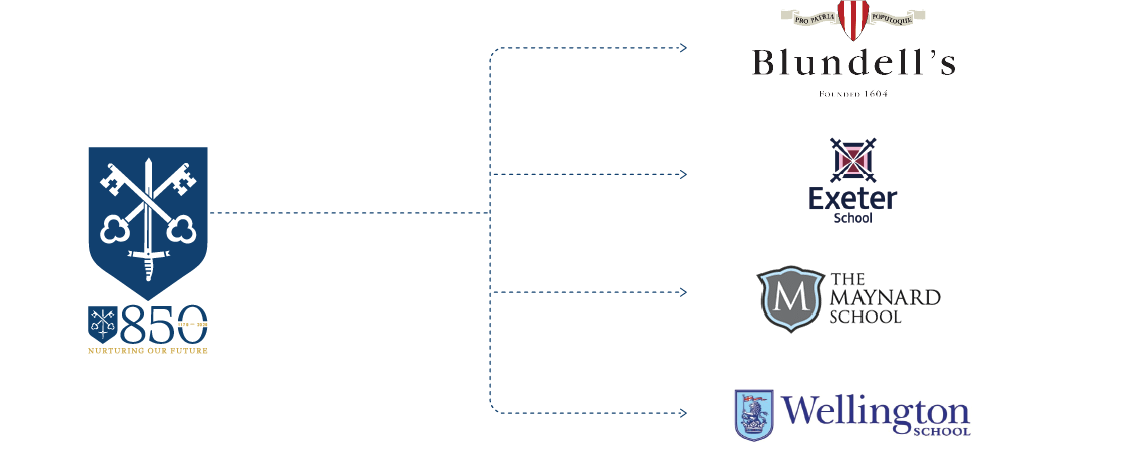Inspired by two joyous Bubble Sports Days (what an exciting moment it was to finally welcome ‘in’ some parents/guardians as spectators – a real live event with real live people!) and by a further planning meeting this morning for end-of-term festivities and performances (on which more details to follow after the half-term break), I paused (ha!) to reflect on a recent assembly in which we looked back at the pathway that this academic year had led us on. It went something like this:
Hands up if you think your learning has been interrupted this year.
All hands up.
When something is interrupted, it is paused; stopped temporarily; put on hold whilst something else happens, without progressing any further. Think of pausing a movie whilst you nip to the kitchen to replenish the pop-corn: your film has been interrupted. It’ll start again at some point, but right now it’s on hold: no-one’s moving and nothing’s happening. Once you’re back from the kitchen with your freshly-refilled bowl of treats, you hit ‘play’ again and things spring back into life.
Is that what happened with our learning? Hmm. Then I proffered a suggestion: rather than being ‘interrupted’, our learning had been ‘disrupted’.
Disruption is essentially doing things differently; changing the status quo; taking a different path; ripping up the rule book and rethinking the approach. Things don’t stop – nothing is put on hold – it’s that just that we achieve what we need to/want to in a different way. The convention has been disrupted, and we’ve approached our aims from a different angle.
I asked again: hands up if you think your learning has been interrupted this year.
No hands.
Next question: hands up if you think your learning has been disrupted this year.
All hands up.
Positive Disruption can be a real force for good. Albeit often born out of crisis (what do they say about necessity and its relationship to invention…?), the openness to radically overhauling both the approach and the mechanism in order to deliver better outcomes has changed the way we think and the way we do things in some pretty significant areas. Consider these:
Deliveroo: global food delivery giant – doesn’t employ any chefs or own any restaurants.
Airbnb: £30 billion firm providing accommodation across the world – doesn’t own any hotels or beds.
Über: worldwide transport leviathan, with 75 million users and 3 million drivers – doesn’t own any vehicles or (really) employ any drivers.
A food company that owns no restaurants and employs no chefs? An accommodation provider that owns no accommodation? A transport firm that owns no transport and employs no drivers? All the work of Positive Disruption.
It would have been a bold pitch around the Board table 10 years ago from the creative minds behind Deliveroo, Airbnb and Über. But – like schools this past year – they changed the status quo; they approached things differently; they drew a different line from A to B. And just look at the outcomes.











